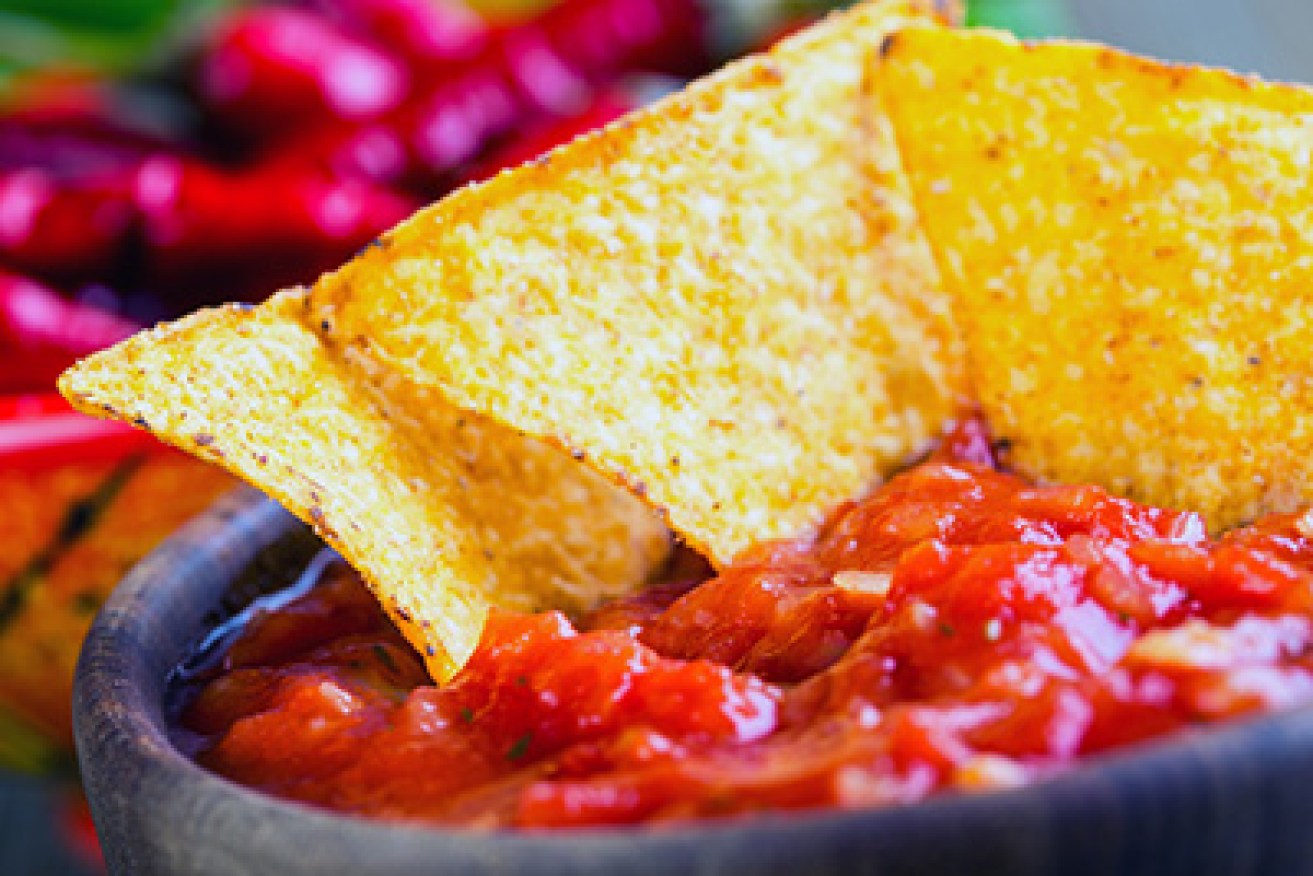Popular products with dirty secrets

So, Nutella isn’t so bad after all.
The hazelnut chocolate spread was embroiled in controversy this week when French Ecology Minister Segolene Royal said people should stop eating Nutella as it contains palm oil, a product linked to massive deforestation and the exploitation of child workers in developing countries.
Royal backed down and offered an apology after everyone from Greenpeace to the Italian government pointed out that Ferrero, the company that produces Nutella, is performing better than most in working to reform the palm oil industry.
That doesn’t mean all palm oil products are off the hook, however.
• The six stages of Costco: which level are you?
• The hidden cost of cheap food: what the supermarkets don’t tell you
• Move over Aldi: a cheaper store is on the way
Dozens of our favourite snacks use unethically-sourced palm oil that contributes to problems ranging from climate change to slave labour, so with that in mind here are a few examples of treats you should feel particularly guilty about indulging in.
Doritos

Doritos are one of the prime targets for anti-palm oil campaigners. Photo: Shutterstock
Parent company PepsiCo have been targeted heavily by campaigners in recent years owing to the company’s massive ecological footprint – 427,500 tonnes of palm oil a year for product lines such as Doritos and Lays Crisps.
PepsiCo has repeatedly made commitments to become more sustainable, but is well short of meeting its own targets so far, let alone the goals of anti-palm oil campaigners.
SumOfUs claims the company’s rainforest clearing is driving the Orangutan and Sumatran tiger to extinction, and put out the ad (above) during the Superbowl in February to ramp up the pressure.
Kraft Peanut Butter
 Good thing Nutella is still okay to eat, otherwise lovers of nutty spreads would be in serious trouble.
Good thing Nutella is still okay to eat, otherwise lovers of nutty spreads would be in serious trouble.
Kraft, which recently merged with Heinz (another palm oil offender), doesn’t use a lot of palm oil in its products, but the company has been singled out by both the Union of Concerned Scientists and Rainforest Action Network as one of the most lax companies when it comes to sourcing palm oil ethically.
Like many companies, Kraft is also pretty casual about labelling – on its peanut butter ingredient list Kraft doesn’t mention palm oil, using instead the more generic “vegetable oil”.
Streets Ice Cream

The Streets websites lists the range of Aussie favourites the company produces.
It was like a parent scolding their favourite child when in its annual summary of palm oil production the Rainforest Action Network listed Unilever, the owner of Streets Ice Cream, as a “laggard” in the industry.
Unilever in many ways was one of the first companies to admit there was a problem and commit to doing something about it, along with being a prominent advocate for the cause.
Yet, the RAN says the organisation has unclear goals and is yet to dissociate with suppliers connected with rainforest destruction and human rights abuses.
Adelaide Zoo copped plenty of heat last year when it tried to dump a local non-palm oil brand for Streets Ice Cream – after the zoo itself had campaigned against palm oil use.
Why palm oil is such a bad thing

Orangutans are in trouble.
According to The Orangutan Project, palm oil production threatens the habitats of Orangutans and other endangered animals in Indonesia and Malaysia.
We’ve included an abridged version of an information sheet about palm oil from the organisation’s website, for those wondering what all the fuss is about.
The United Nations Environment Programme has announced that palm oil plantations are now the leading cause of rainforest destruction in Malaysia and Indonesia.
An area of forest equal to 300 soccer fields is being destroyed every hour.
Palm oil is often cultivated in an unsustainable way, particularly in Indonesia and Malaysia.
Deforestation for the establishment of palm oil plantations is responsible for habitat loss for threatened and endangered species.
Priority species impacted by forest clearing are the Asian elephant, tiger, Sumatran rhinoceros and the orangutan.
The Asian elephant and Bornean orangutan are endangered and the tiger, Sumatran rhinoceros and Sumatran orangutan are Critically Endangered.
During the past decade the orangutan population has decreased by approximately 50 percent in the wild.
This is primarily due to human activities including rainforest destruction for palm oil plantations. At present, 80 percent of orangutan habitat has been altered or lost.
The International Union for Conservation of Nature and Natural Resources (IUNC) has classified the Bornean orangutan as Endangered with approximately 55,000 left with 5,000 killed a year. The Sumatran orangutan is Critically Endangered with approximately 6,300 left and 1,000 being killed a year.








